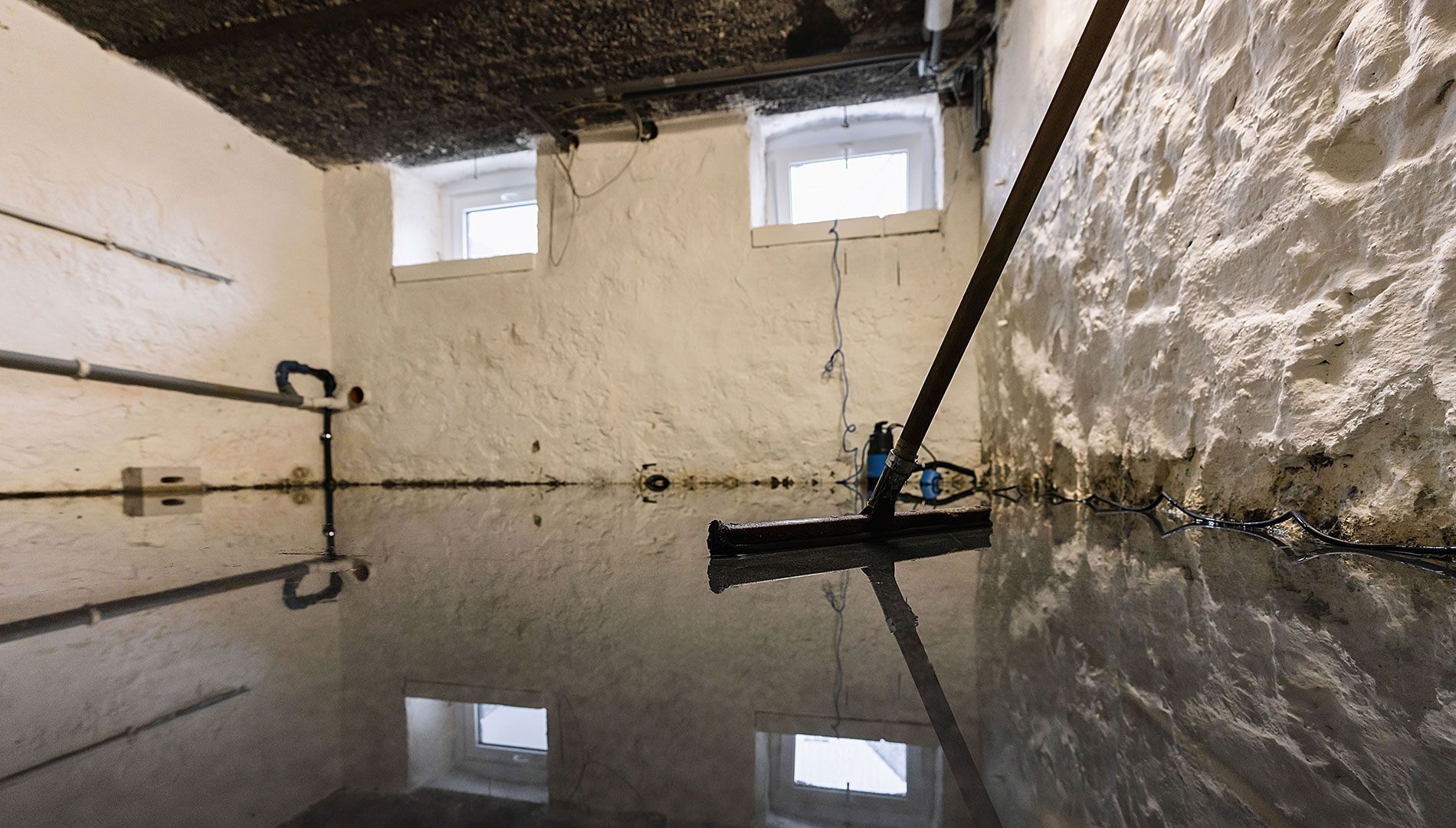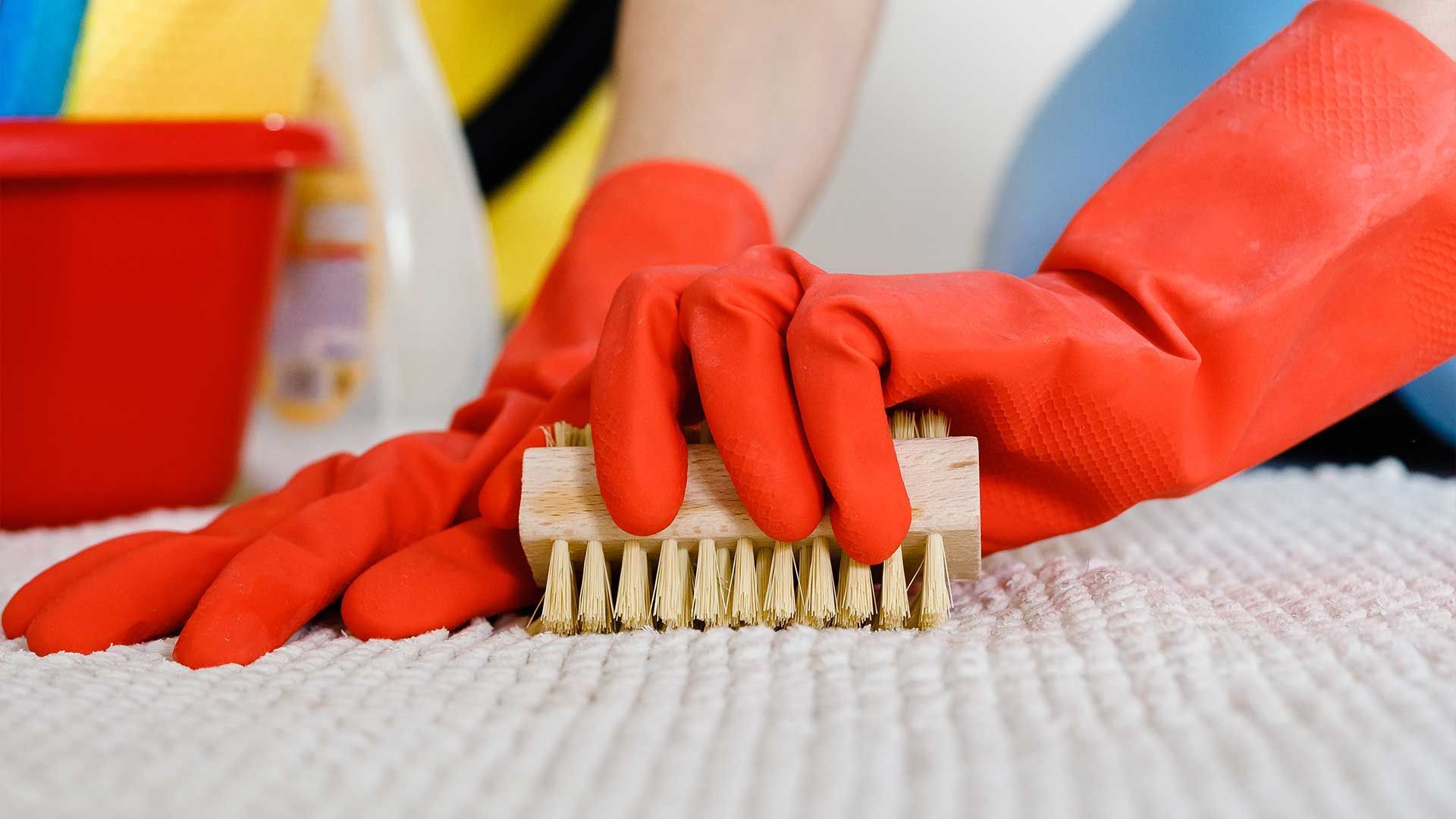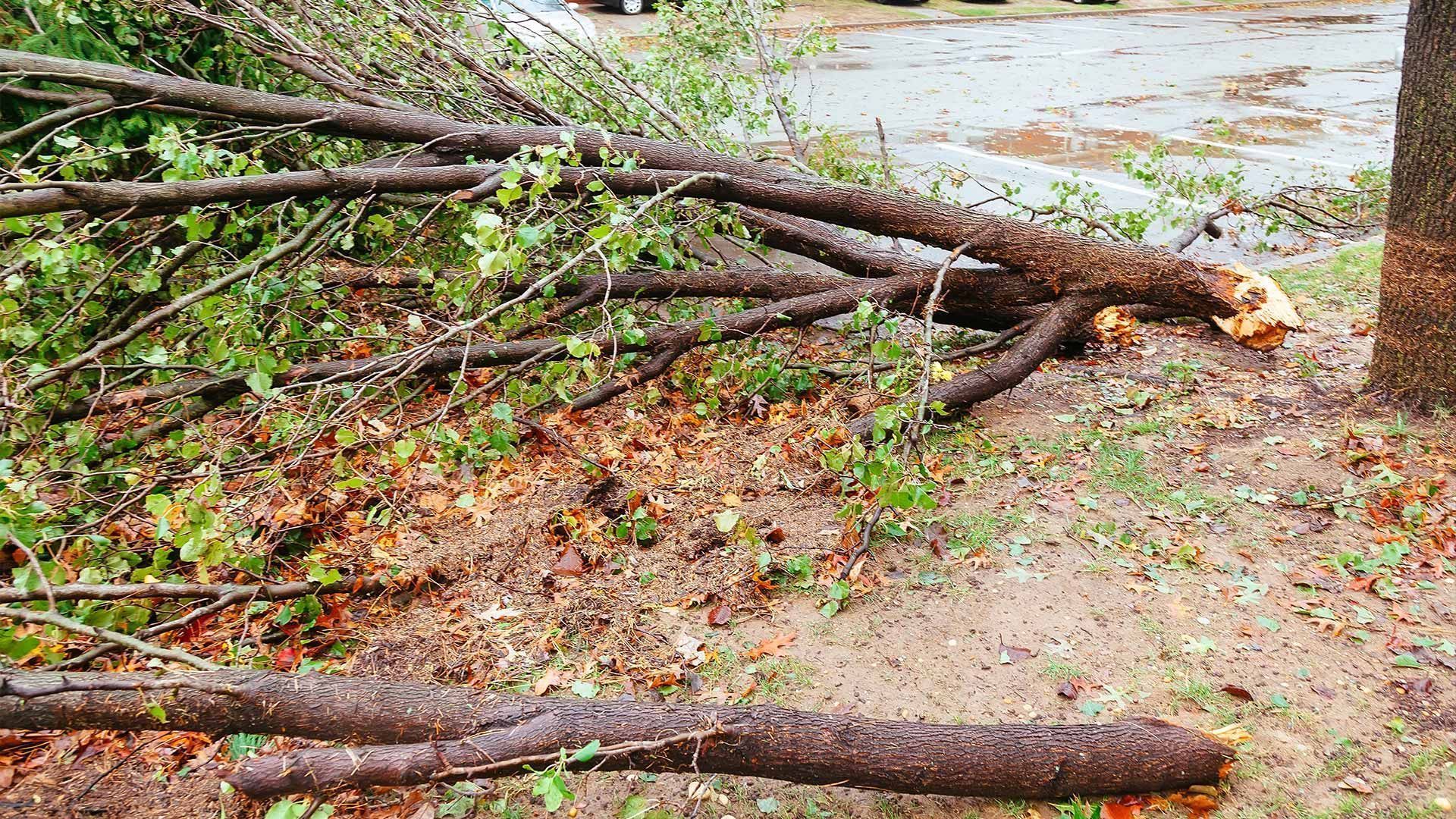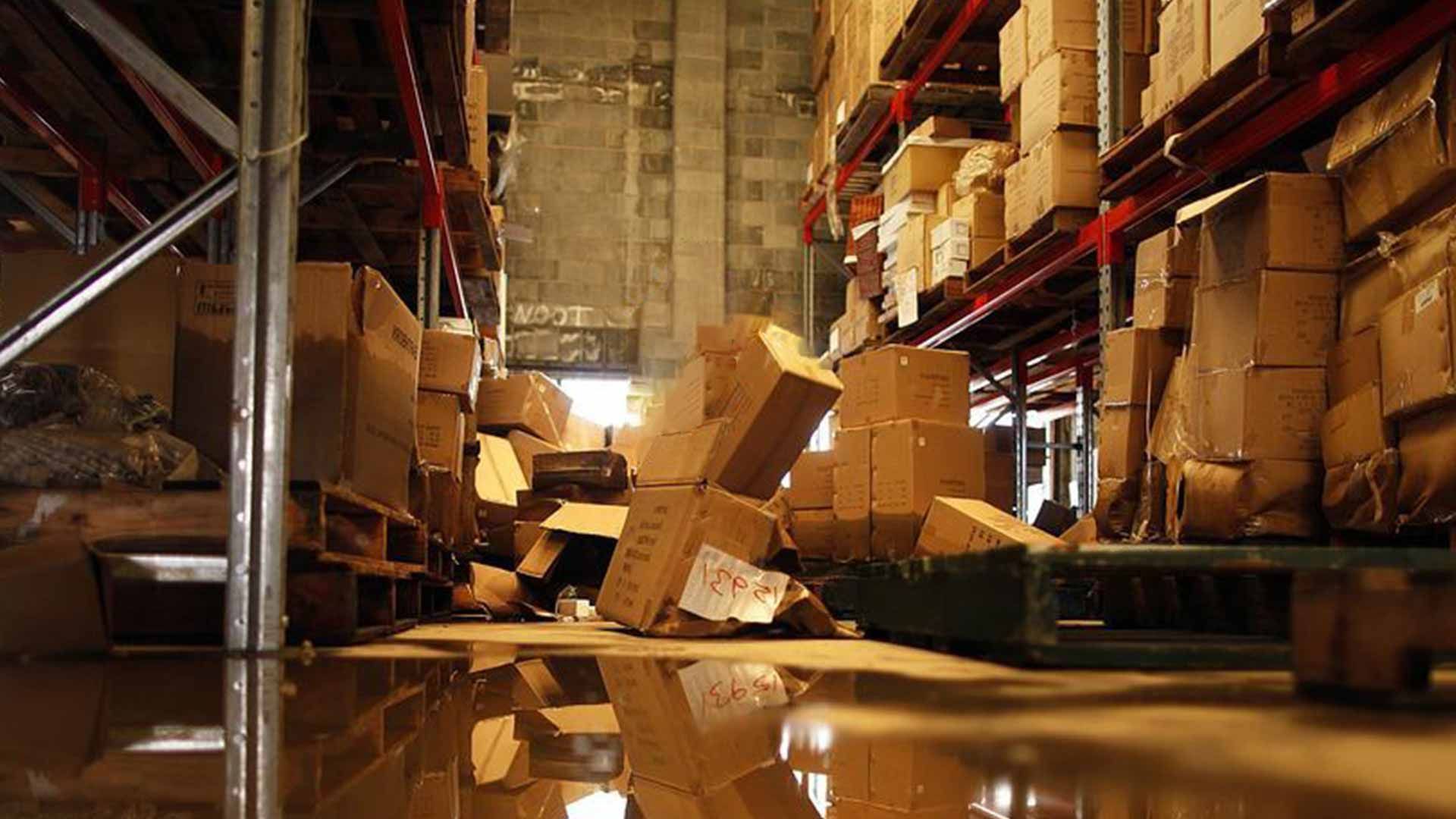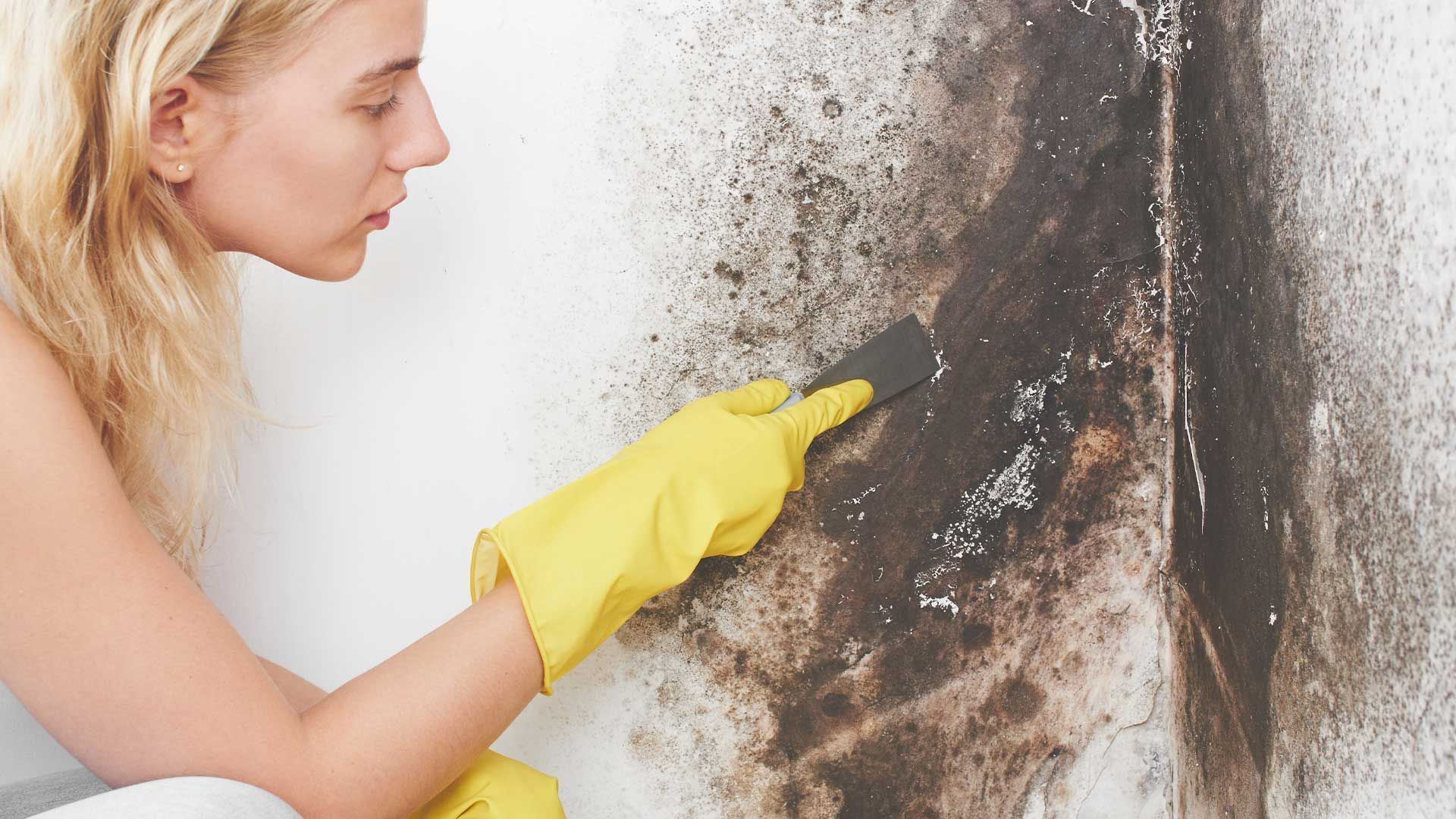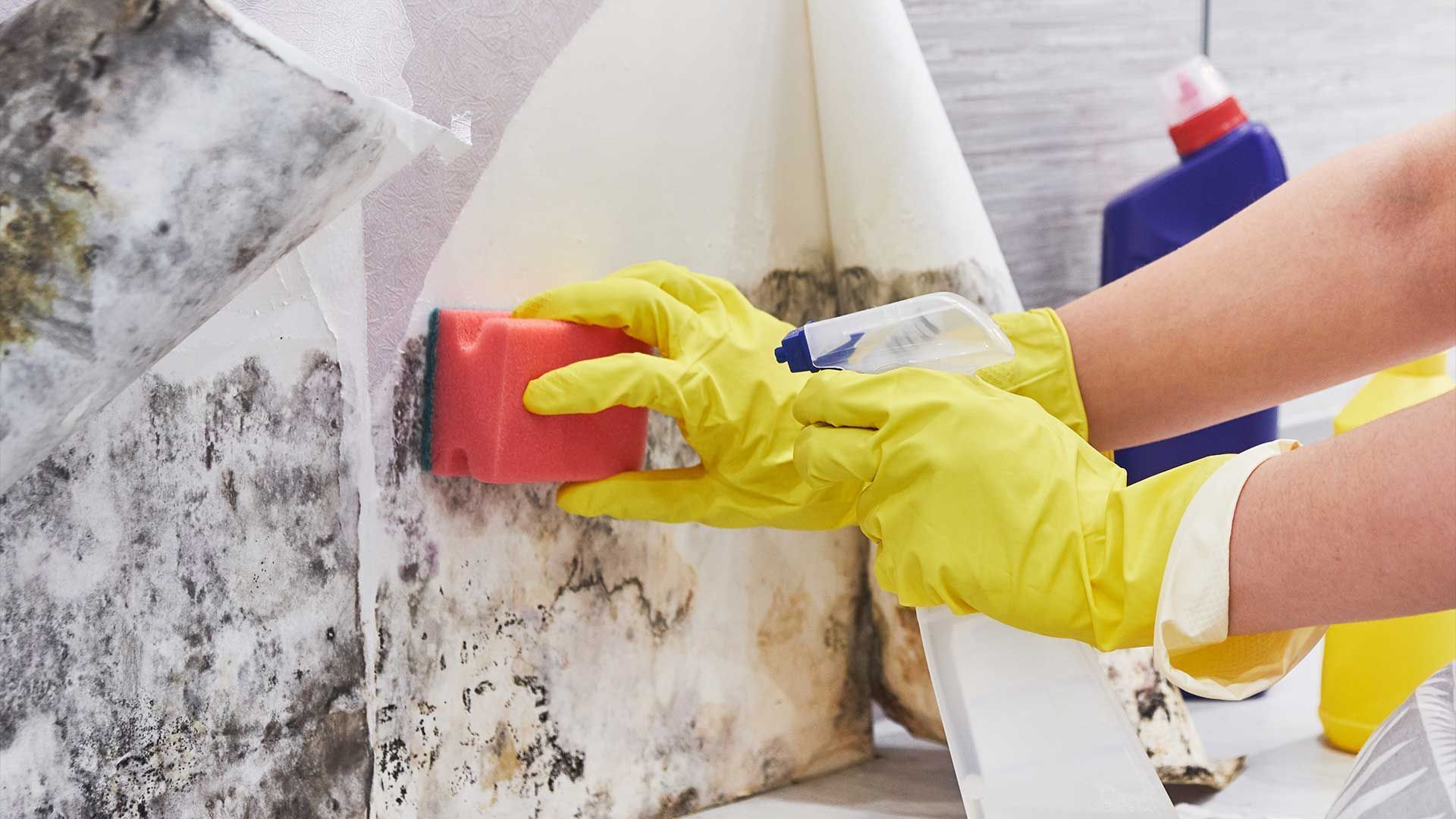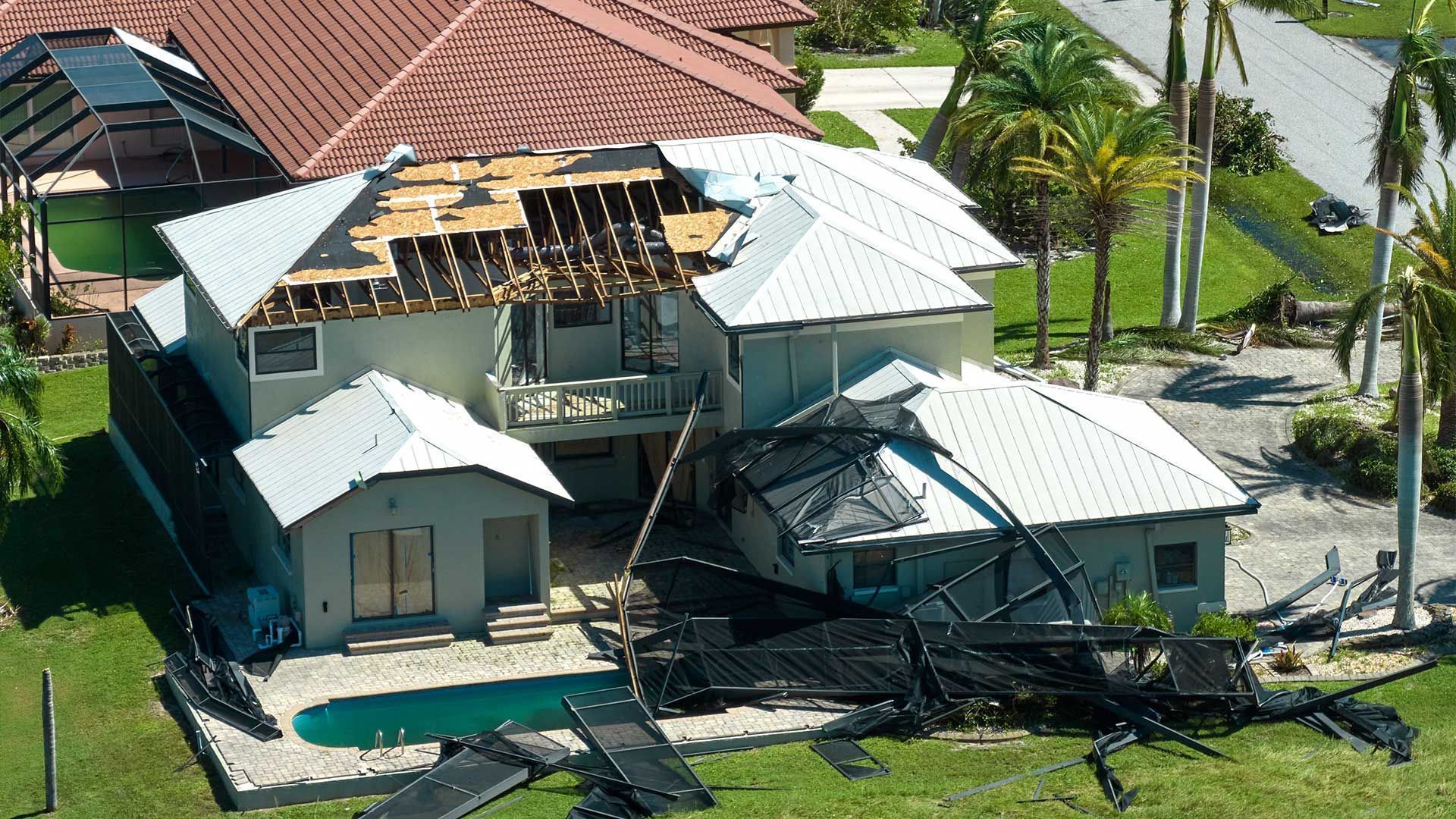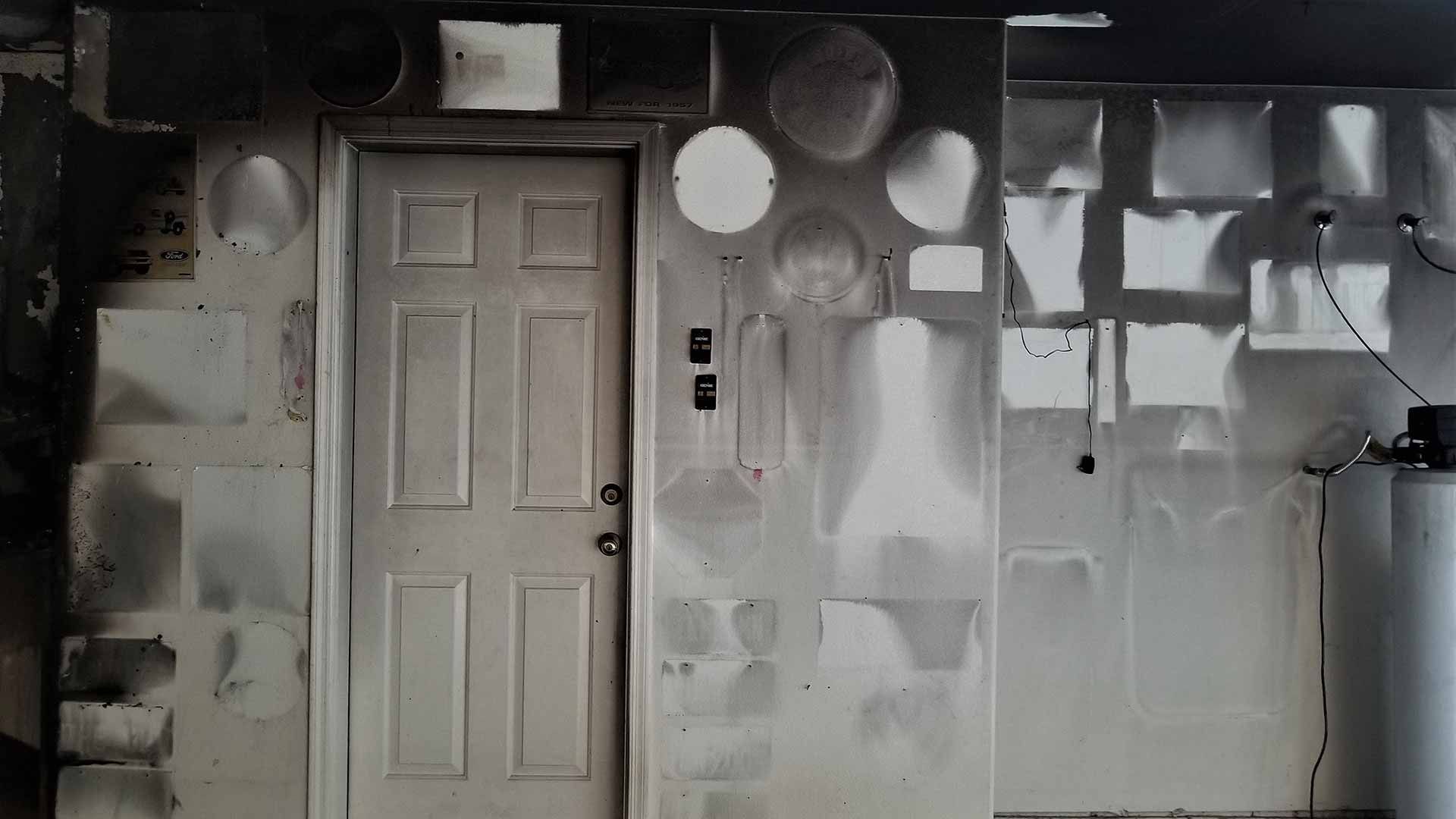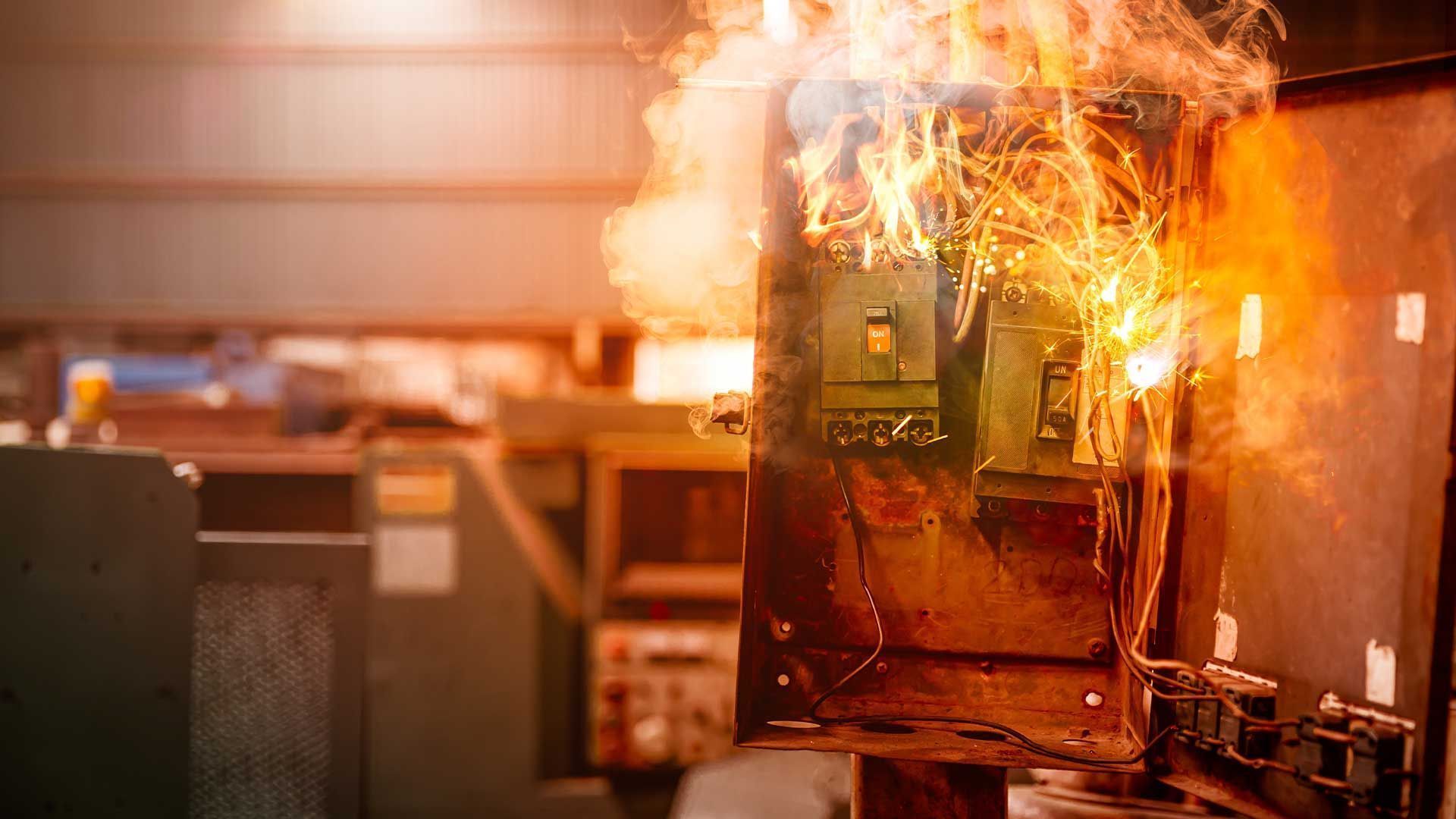Emergency Preparedness for 2024: How to Protect Your Home from Fire and Water Damage
In the ever-changing landscape of 2024, the need for fire and water damage restoration preparedness has never been more critical. Our homes are our sanctuaries, but they face increasing risks from unexpected disasters such as fires and water-related emergencies. This article serves as a guide to help you safeguard your home and loved ones against these potential threats in the coming year.
Emergencies can strike without warning, making it vital to assess your risk and create a comprehensive emergency plan. By identifying local risks, understanding climate change's impact, and
evaluating your home's vulnerability
, you can take proactive steps to mitigate potential damage.
In this guide, we will explore the steps you can take to prevent and prepare for fire and water damage, including practical tips for fire-resistant landscaping, plumbing maintenance, and building an emergency kit. We'll also delve into the importance of insurance coverage and community support to ensure you're well-equipped to face any unforeseen challenges that may arise.
Assessing Your Risk
Identifying Local Risks and Hazards
To effectively protect your home from fire and water damage, it's essential to begin by identifying the specific risks and hazards in your local area. Research the prevalent natural disasters, such as wildfires, floods, or heavy rainfall, that may pose a threat to your region in 2024. Understanding the unique risks you face is the first step toward preparedness.
Understanding the Impact of Climate Change
In recent years, the impact of climate change has heightened the risk of extreme weather events and the frequency of disasters. Keep abreast of climate-related developments and their potential consequences for your area. Climate change can influence the severity and frequency of fires and floods, making it crucial to stay informed about evolving environmental conditions.
Evaluating Your Home's Vulnerability
Assessing your home's vulnerability involves examining its structural and environmental aspects. Consider factors like the age of your home, the condition of its roofing and siding, and the proximity to water sources or fire-prone areas. Identifying vulnerabilities will help you make informed decisions on home improvements and emergency plans tailored to your property's specific needs.
By understanding your local risks, acknowledging climate change's effects, and assessing your home's vulnerabilities, you can create a solid foundation for effective emergency preparedness in 2024.
Creating a Comprehensive Emergency Plan
Developing a Family Emergency Plan
Creating a family emergency plan is a fundamental step in protecting your home from fire and water damage in 2024. Sit down with your family members and discuss roles, responsibilities, and communication strategies during emergencies. Ensure that everyone knows how to reach each other and where to meet in case of evacuation.
Establishing Evacuation Routes and Meeting Points
Identifying evacuation routes and meeting points is crucial for your family's safety. In the event of a fire or flood, having predetermined routes and meeting locations can prevent confusion and facilitate a swift response. Make sure everyone is familiar with these routes and points, and consider practicing evacuation drills.
Ensuring Communication During Emergencies
Communication can be severely impacted during disasters. Invest in reliable communication tools such as battery-operated radios or satellite phones. Establish a communication plan with neighbors and loved ones to stay informed about the situation and coordinate if necessary.
A well-thought-out emergency plan is the cornerstone of your preparedness efforts. It ensures that everyone in your household knows what to do in times of crisis and how to stay safe during
fire and water damage
incidents.
Fire Damage Prevention and Preparedness
Fire-Resistant Landscaping and Home Design
In 2024, safeguarding your home against fire damage requires proactive measures. Consider fire-resistant landscaping by choosing fire-resistant plants, creating defensible spaces, and maintaining a safe distance between trees and structures. Furthermore, assess your home's design for fire resistance, including the roofing materials and siding choices.
Fire Safety Measures for the Home
Inside your home, implement fire safety measures such as installing smoke detectors, fire extinguishers, and fire-resistant doors. Develop a fire escape plan with designated exit routes and meeting places, ensuring that everyone in the household knows what to do in case of a fire emergency.
Evacuation Planning for Wildfires
For those living in wildfire-prone areas, having a solid evacuation plan is paramount. Stay informed about local fire conditions and evacuation orders. Prepare an emergency kit with essential items, including important documents, medications, and clothing. Ensure that your family is well-versed in wildfire evacuation procedures, emphasizing safety and communication.
Taking steps to prevent and prepare for fire damage is essential in 2024, as wildfires continue to be a significant threat in many regions. Implementing fire-resistant landscaping, home safety measures, and evacuation planning can significantly reduce the risks associated with wildfires.
Water Damage Prevention and Preparedness
Proper Maintenance of Plumbing and Drainage Systems
In 2024, protecting your home from water damage involves maintaining your plumbing and drainage systems. Regularly inspect and maintain pipes, faucets, and water heaters to prevent leaks and bursts. Ensure that drainage systems, including gutters and downspouts, are clear of debris to prevent water buildup around your home.
Installing Flood Barriers and Sump Pumps
For areas prone to flooding, installing flood barriers and sump pumps can be crucial. Flood barriers, such as sandbags or modern flood barriers, can help divert water away from your home. Sump pumps can efficiently remove excess water from basements or crawl spaces, preventing water damage.
Preparing for Flash Floods and Heavy Rainfall
In regions susceptible to flash floods and heavy rainfall, proactive measures are essential. Elevate electrical systems and appliances, and store valuable items on higher levels of your home. Create an emergency plan for dealing with flash floods, including evacuation routes and emergency contacts.
Preventing and preparing for water damage in 2024 requires vigilance and proactive measures. Regular maintenance, flood barriers, and a well-thought-out plan for flash floods and heavy rainfall can safeguard your home and belongings from
water-related disasters
.
Building an Emergency Kit
Essentials for an Emergency Kit
Building a well-equipped emergency kit is crucial for fire and water damage preparedness in 2024. Your kit should include essentials such as non-perishable food, water, first aid supplies, flashlights, batteries, and hygiene items. Don't forget important documents, prescription medications, and any specific items needed for infants, elderly family members, or pets.
Special Considerations for Fire and Water Damage Situations
Tailor your emergency kit to address the unique challenges posed by fire and water damage situations. Include items like smoke masks, fireproof gloves, and waterproof storage containers for important documents. Additionally, pack water-resistant clothing and blankets, as they may be needed during evacuation or while waiting for assistance.
Storing and Maintaining Your Emergency Supplies
Proper storage and maintenance of your emergency supplies are essential. Ensure that food and water have a reasonable shelf life and periodically check and replenish items as needed. Store your emergency kit in an easily accessible location, and make sure all family members know where it is kept.
A well-prepared emergency kit can make a significant difference in your ability to respond effectively to fire and water damage emergencies in 2024. Having essential supplies readily available can provide comfort and security during challenging times.
Insurance Coverage and Documentation
Understanding Insurance Policies
In 2024, having the right insurance coverage is crucial for protecting your home from fire and water damage. Review your homeowners' insurance policy to understand what types of damage are covered and the extent of your coverage. If necessary, consider purchasing additional coverage, such as flood insurance or wildfire insurance, to fill any gaps.
Documenting Valuables and Property
To streamline the claims process in the event of damage, create a comprehensive inventory of your valuables and property. Document items with photographs or videos and keep records of their estimated value. Store this documentation in a secure, easily accessible location, such as a digital cloud storage service, so you can provide evidence to your insurance company when filing a claim.
Filing Insurance Claims Effectively
In case of fire and water damage, understanding the insurance claim process is vital. Promptly report any damage to your insurance company, providing all necessary documentation and details about the incident. Follow up on your claim and maintain open communication with your insurance adjuster to ensure a smooth and fair resolution.
Having the right insurance coverage and well-documented property can significantly ease the financial burden of fire and water damage in 2024. Taking proactive steps to understand your policy, document valuables, and file claims effectively will help you recover more efficiently from potential disasters.
Community Resources and Support
Collaborating with Neighbors and Local Organizations
In times of crisis, your neighbors and local community can be valuable resources for support and assistance. Foster a sense of community by connecting with your neighbors and discussing emergency plans. Consider forming neighborhood watch groups or disaster preparedness committees to coordinate efforts and share resources.
Accessing Emergency Services and Resources
Familiarize yourself with local emergency services and resources available in your area. This includes knowing the contact information for emergency responders, shelters, and disaster relief organizations. Understand the procedures for accessing these services and make sure your family is aware of them.
Participating in Community Preparedness Programs
Many communities offer preparedness programs and workshops to educate residents on disaster preparedness and response. Consider participating in these programs to enhance your knowledge and skills. Additionally, volunteering with local disaster relief organizations can contribute to community resilience and preparedness efforts.
Community resources and support play a significant role in fire and water damage preparedness. Collaborating with neighbors, accessing emergency services, and participating in community programs can provide additional safety nets and assistance during emergencies in 2024.
Staying Informed and Updated
Monitoring Weather and Disaster Alerts
Stay informed about changing weather conditions and disaster alerts in 2024 by using reliable sources. Monitor weather forecasts regularly, especially during seasons with an increased risk of fires or heavy rainfall. Sign up for weather alerts and notifications from local authorities to receive timely information.
Subscribing to Emergency Notification Systems
Subscribe to emergency notification systems offered by your local government or community. These systems provide real-time updates and important information during emergencies. Ensure that your contact information is up-to-date in these systems to receive alerts via phone, email, or text messages.
Keeping Abreast of Changing Emergency Guidelines
Emergency guidelines and procedures may change over time. Stay updated on any changes in evacuation routes, emergency shelters, or safety recommendations provided by local authorities. Regularly review your family's emergency plan to ensure it aligns with the latest guidelines.
Remaining informed and updated is essential for effective fire and water damage preparedness in 2024. Being aware of changing conditions and emergency alerts can help you make timely decisions and take necessary actions to protect your home and loved ones.
Conclusion
As we look ahead to 2024, preparing your home and family for potential fire and water damage emergencies are paramount. By following the steps outlined in this guide, you can significantly enhance your level of preparedness and reduce the risks associated with these disasters.
Remember, proactive measures such as risk assessment, emergency planning, and the creation of an emergency kit are essential. Understanding your insurance coverage and documenting your property will provide financial security in case of damage. Moreover, building a strong sense of community and staying informed about local conditions and emergency guidelines are crucial aspects of preparedness.
For personalized guidance and expert assistance in protecting your home from fire and water damage in 2024, consider reaching out to Morris Restoration LLC
at
(973) 769-4869
. Our team is dedicated to helping you safeguard your home and loved ones. Don't wait until disaster strikes—take action now to ensure a safer and more secure future.
FAQs
